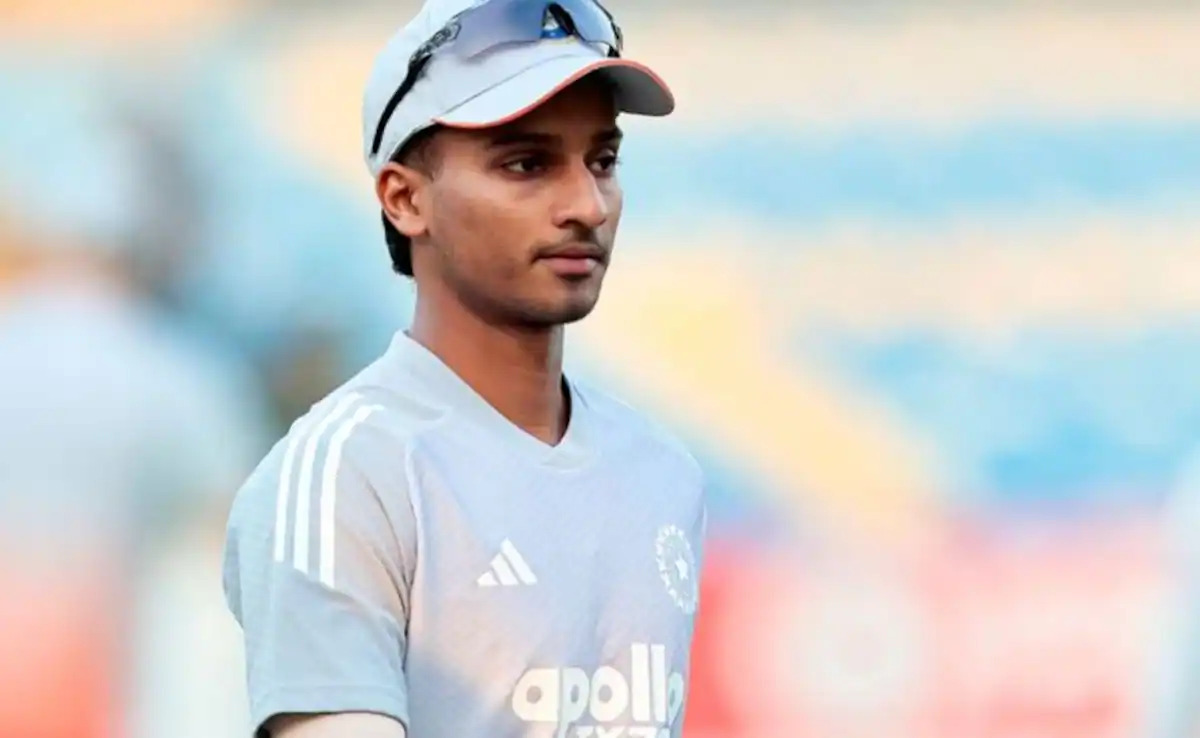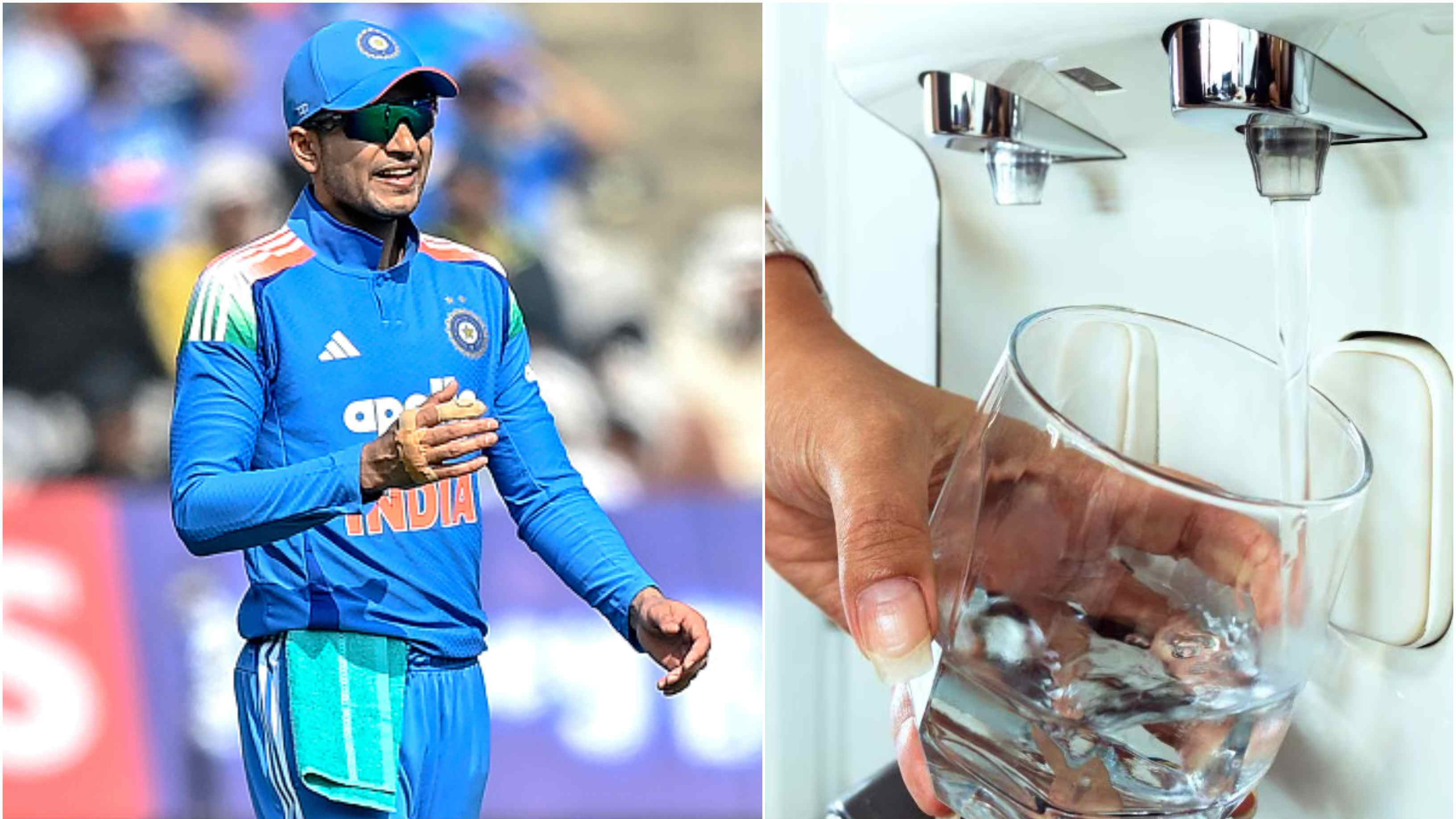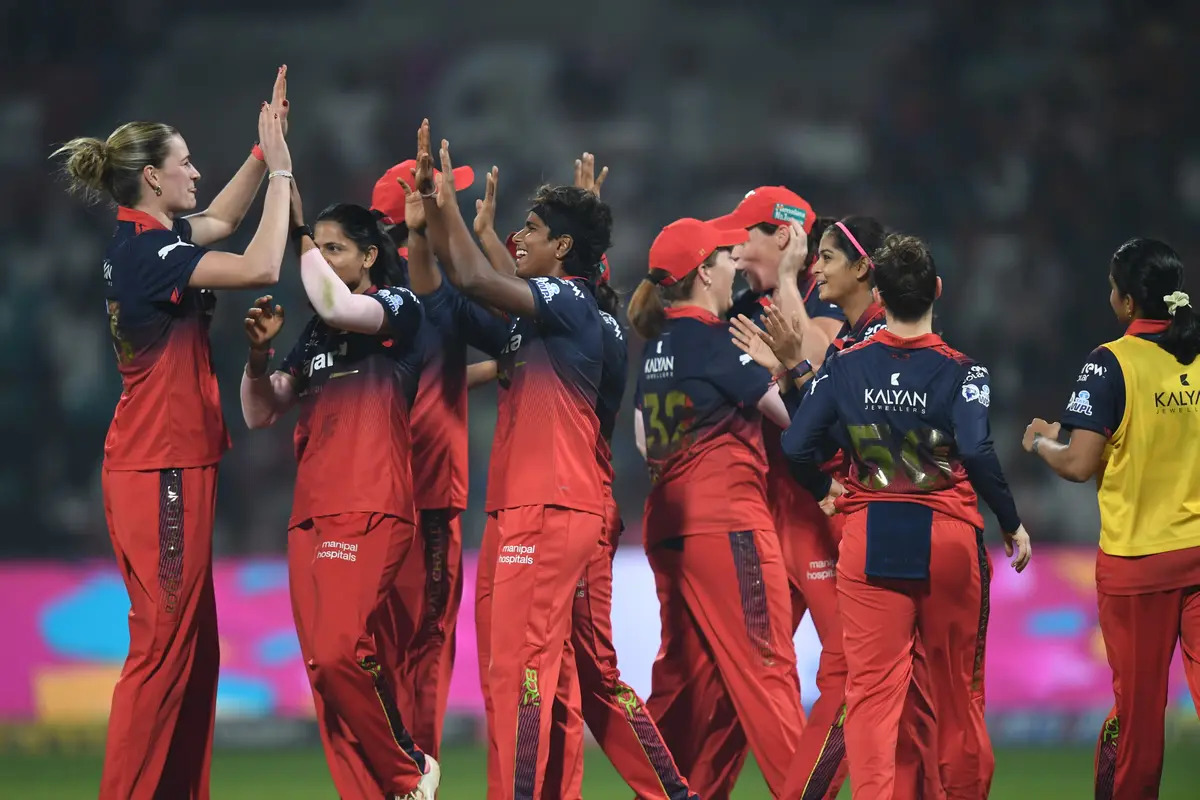Deepak Hooda is aware of the challenges associated with batting at the difficult No. 6 position in Twenty20 Internationals and has prepared himself for any kind of collapse, such as the one that occurred during India’s tight victory over Sri Lanka in the opening game.
Deepak Hooda came in when India was in a vulnerable position, with 77 runs for four wickets, and his 41 runs off 23 balls, including four sixes, helped India reach a defendable total of 162.
Because of his efforts, he was recognised as the “player of the match.” When asked if there was any pressure on him when he came in to bat during a key stage of the innings with India having lost the top and middle order, he said that there wasn’t any strain on him at all.
According to Deepak Hooda, “I was quite clear in my mind that if we lose early wickets we have to develop a partnership and when you are batting lower down the order at No. 6, for a situation like that, being a cricketer, you have to be ready for that.” At any moment, the structure could give way.
“(However), I do not believe that it was a collapse in the traditional sense because we were in a strong position. It is true that we lost an additional wicket or two, but I believe that it is the responsibility of a No. 6 and No.
7 batter, regardless of whether it is the first or second match, to come in and bat with confidence. “It’s a nice win,” continued Hooda at the news conference that took place after the match.
Deepak Hooda believes that he was required to respect the occasion and play accordingly; yet, given the slot in which he is batting, it is necessary for him to be a good finisher the majority of the time.
“You have to play the game in accordance with the kind of wicket you get. As a batsman, I always had the thought in the back of my head that I needed to contribute to a high score for the team. You have an obligation to see the game through to its conclusion if you are batting sixth and playing in that position.
Therefore, that was the only thing that was going through my head at the time.” After the spinners had practically stymied the top and middle-order batters, Deepak Hooda remarked that he was able to play freely since Wanindu Hasaranga had almost completed his quota of overs and the wicket had settled down.
“Initially, the circumstances did not permit hitting the ball hard, but it was Hasaranga’s last over, and then he bowled a loose delivery as well. This made it possible for me to hit the ball harder.”
The intent to hit is something that must be maintained throughout a Twenty20 match. When the ball is in the correct location, you have no choice but to slam it. That was, I believe, the perfect time to play my game with Axar Patel, and happily we were able to execute it successfully,” he continued.
The hard-hitting all-rounder admitted that the home team could have scored a few more runs if they had tried a little bit more.
Although the (team) meeting hasn’t taken place yet, it’s safe to say that we fell 10–12 runs short. But in the end, we were able to get a respectable sum,” Deepak Hooda remarked.
He believed that the India hitters had a difficult time at the beginning of the match because the Wankhede pitch did not have a lot of dew and the ball tended to come onto the bat more slowly.
It is normal for there to be dew on the Wankhede (pitch), but during the first innings, there was not a lot of dew, which is why the wicket was a little bit slow. But the way in which the openers began, and then the way in which we completed it strong, and that’s what the game needs,” he added.




